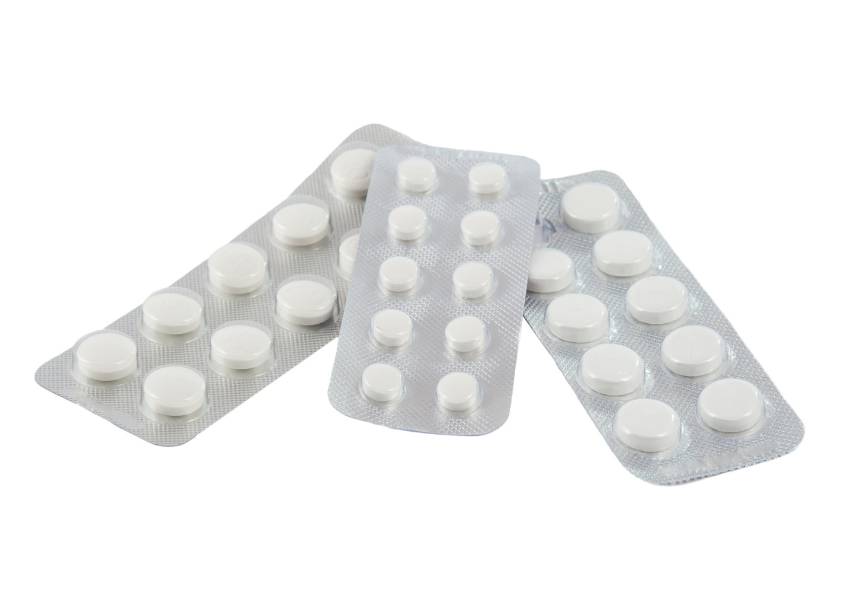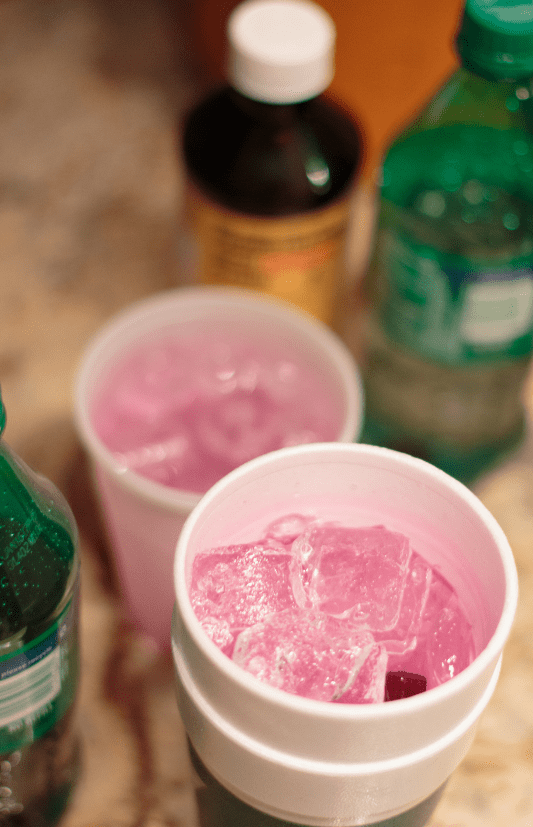Dangers of Cocaine Abuse During Pregnancy
All illicit substances and alcohol should be avoided during pregnancy. Keeping that in mind, cocaine abuse during pregnancy can be especially harmful to a developing fetus. Neonatal abstinence syndrome (NAS) is a condition that can affect newborns exposed to substances like cocaine during pregnancy. Neonatal opioid withdrawal syndrome (NOWS) is a related term used to refer to the particular symptoms that infants can experience as a result of exposure to illicit substances.
If you or someone you know is pregnant and using drugs such as cocaine, they need to be aware of the risks for potential lifelong consequences to their child. NAS is only one among many possible syndromes, developmental disorders, and diseases that can result from drug or alcohol abuse during pregnancy. Mothers, parents, and families need more opportunities to educate themselves on the risk of substance abuse.
The professionals at Oasis Recovery are ready and willing to help answer any and all questions pertaining to the risks associated with cocaine abuse as well as general substance abuse. Reach out to us today to speak with a specialist who can help provide you with information about cocaine abuse and addiction. If you or your loved one needs assistance finding a suitable program to help cease cocaine abuse, we offer a range of personalized programs and mental health therapies tailored to fit our client’s individual needs.
How does Neonatal Abstinence Syndrome (NAS) Happen?
Neonatal Abstinence Syndrome (NAS) occurs when mothers abuse substances such as cocaine during pregnancy. Not all mothers understand that when they take a substance into their body the fetus is absorbing it as well via the placenta. Moreover, the fetus has not developed the physical capacity to break down these substances and so receives a strong dose. Tragically, as a result, while still in the womb, the baby becomes physically dependent on the drug just like the mother.
Symptoms of Neonatal Abstinence Syndrome (NAS)
There are many symptoms associated with NAS. These can include:
- Severe irritability
- Difficulty feeding
- Respiratory problems
- Seizures
Other common symptoms can include:
- Blotchy skin coloring (mottling)
- Frequent Diarrhea
- Fever
- Excessive crying
- Excessive sucking
- Hyperactive reflexes
- Rapid breathing
- Sleep problems
- Issues with weight gain
Infants diagnosed with NAS are usually treated using non-pharmacological methods. Examples include keeping the newborn primarily with the mother and minimizing other environmental stimuli.
Medication options can be used in situations where it is deemed appropriate by a physician. Prior to giving birth, mothers who are known to have had drugs like cocaine in their system during pregnancy or who have ongoing substance use disorders (SUDs) can be given medications as part of prenatal care. These can help offset, mitigate, or prevent negative birth issues associated with Neonatal Abstinence Syndrome.
Treatment for NAS varies based partly on whether or not the baby was born premature or full-term.
Infants who have NAS are often described as “difficult” or “fussy” babies. They can be calmed or soothed by certain sensory actions and sensory deprivation as needed. Methods can include:
- Gently rocking the baby
- Reducing noise and light
- Maintaining frequent skin-to-skin contact with the mother
- Swaddling in blanket
- Breastfeeding
- Only an option if the mother has ceased drug abuse
- Potentially an option if the mother is on a medication-assisted therapy (MAT)
Common Birth Complications as a Result of Drug Abuse
Those who abuse drugs need to be aware of the consequences when it comes to childbirth. Babies born with NAS may need to undergo treatment for up to 6-months after birth. Babies born with NAS are more likely to have developmental delays or disorders. Babies exposed to drugs during pregnancy are at increased risk for behavioral problems and have higher rates of difficulty in school and work.
It’s essential to understand that babies with developmental disorders become children who struggle during early childhood education. These children grow up to become adults who may have difficulty earning a college degree which can result in fewer opportunities over the course of their life. Children with childhood developmental disorders turn into adults who still have challenges that our current medical system is not well-designed to assist. These individuals may have high needs with regards to certain acts of daily living (ADLs) and may have difficulty maintaining employment.
A child who begins life with difficulties already is fighting an uphill battle against other children in the same generation. This means they are more likely to have to work harder in their lives to keep up and will probably have more bumps in the road along the way. Everyone wants the best for their child.
Ask any parent and they will tell you that a top wish for their child is to live a happier and more fulfilling life than their own. People want their children to have a better life than they do and this means providing your child with the best chance at a good life. Breaking the cycle of drug abuse and addiction is necessary if you want to give your child the best opportunity possible.
Signs Someone Is Abusing Cocaine
There are many common signs and symptoms associated with cocaine withdrawal. Common symptoms can include:
- Agitation
- Restlessness
- Irritability
- Difficulty concentrating
- Shakiness or tremors
- Sleep issues
- Disturbing dreams
Side effects from cocaine withdrawal can be experienced up to ten weeks after use. Symptoms associated with what is commonly referred to as a “cocaine crash” may include:
- Acute depression
- Increased anxiety
- Intense cravings
- Unhappiness
- Exhaustion
- Dehydration
- Hypersomnia (excessive sleeping)
- Increased appetite
- Paranoia
- Suicidal ideation
If you or a loved one is showing any of the following common signs of cocaine addiction, consider reaching out for professional help as soon as possible.
- Poor decision making
- Lack of responsibility
- Going long periods of time without sleeping
- Relationship issues
- Loss of interest in activities
If your spouse or a family member is pregnant and showing signs of cocaine abuse early intervention can make a difference. Reach out for help today to avoid neonatal complications such as NAS.
Reach Out to Oasis Recovery Today to Cease Cocaine Abuse
If you are pregnant or are planning to have a baby in the near future, we encourage you to seek treatment for cocaine abuse as soon as possible. For the sake of your child’s future, your decisions can make a world of difference. The professionals at Oasis Recovery are not here to judge you for your actions and choices. Our medical doctors and mental health counselors take pride in treating each and every one of our clients with dignity and respect.
We want to help you make the right choices for yourself and your family. If you are struggling to cease cocaine abuse, reach out to us today to speak with a specialist who can tell you more about treatment options.











